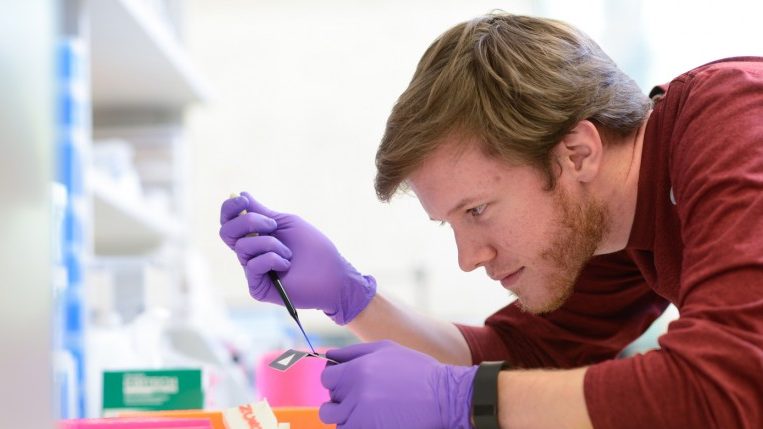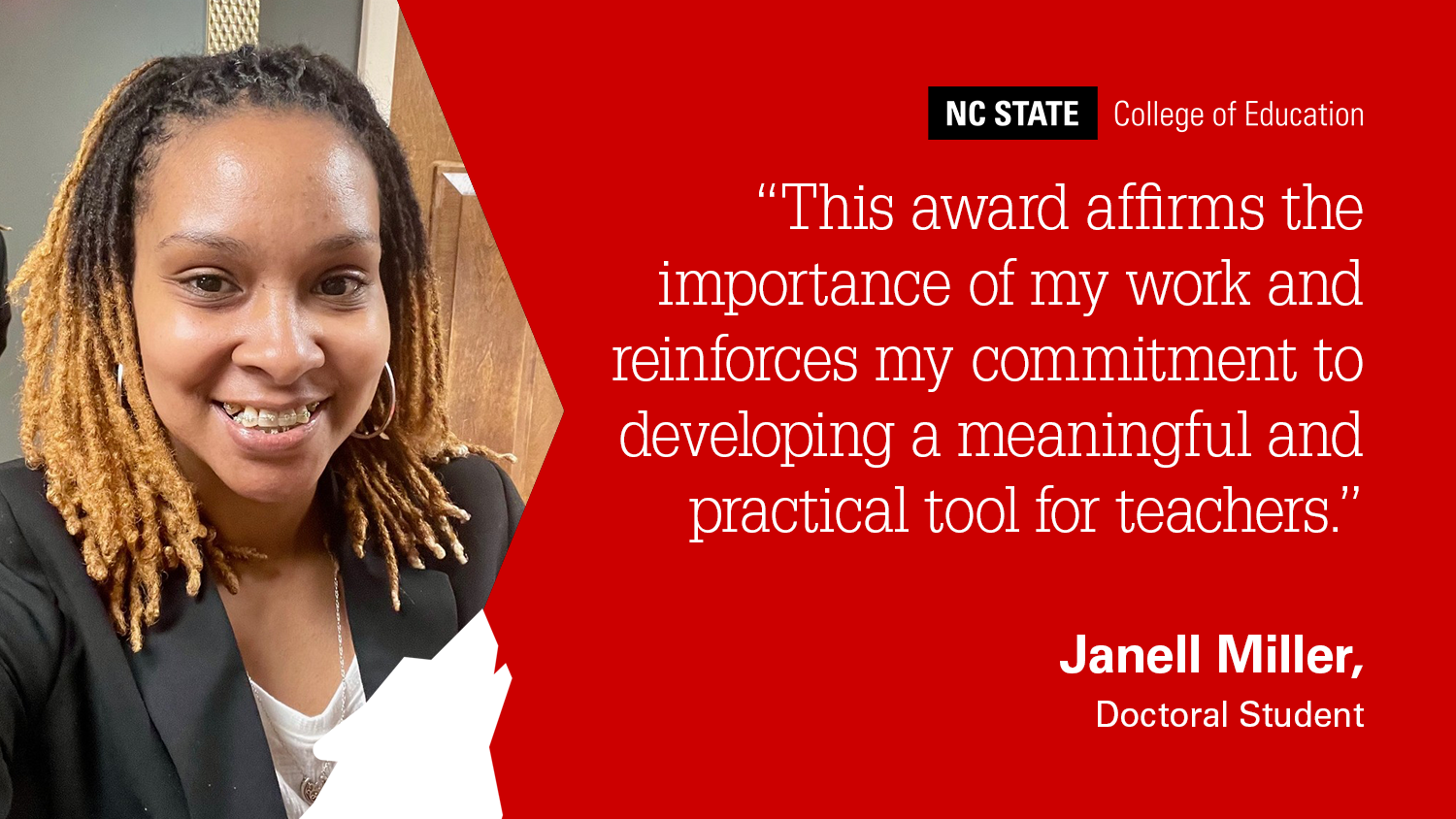Dean’s Scene: Preparing for the 21st Century Global Career Sector

What does it take to succeed in today’s global 21st century job/career sector? What is different today from yesterday when many of us were entering the “marketplace?” These are questions that I actively seek out to assist our graduate students and post docs.
First, we know that in the future, more jobs will require education beyond a four-year degree — by 2020, 2.6 million new and replacement jobs will require a graduate degree. That is different from yesterday.
Second, we know that employers expect more than just a degree when hiring those with advanced education. They seek employees with multidisciplinary experience and knowledge, who can work both independently and collaboratively, who can innovate and bring entrepreneurial ideas to fruition.
Something else that is different are the entrepreneurial opportunities. According to Forbes magazine, the majority of new jobs now come from new businesses — approximately 3 million jobs a year are created by new businesses. At NC State, we recognize the importance of entrepreneurship and job creation. Our Entrepreneurship Initiative provides training and education to help students take ideas from the drawing board to the board room. Not only does entrepreneurship help bring new ideas to the marketplace, but also it gives our graduates greater opportunity to map their own future.
Recently, I had the opportunity to represent graduate education on a panel at the National Summit on Developing a Stem Workforce Strategy, along with leaders from a variety of technology industries. We discussed the challenges that businesses face in developing the workforce and how graduate schools can support them. I spoke about the importance of adapting an immersion model to graduate education where technical/research skills, employment success skills and internships are integrated as one in a degree program and not seen as separate “add-ons”.
In 2012, the Council on Graduate Schools issued a report “Pathways Through Graduate School and Into Careers.” In that report, employers noted that employees of tomorrow need “employability success skills.” It is not enough to have discipline knowledge – that will get you in the door. It is the “employability success skills” that contribute to emotional intelligence (EI). It is EI that will help you advance in your career.
What are some of the “employability success skills” that employers say are needed for workforce readiness? Some of these skills include, but are not limited to, teamwork/collaboration, communication skills (communicating with different audiences – the public as well as technical), inter-cultural cooperation, leadership, writing skills, project management, entrepreneurship, and conflict resolution.
The Council of Graduate Schools’ report called on universities to assist graduate students to develop the professional employability skills needed for a successful career – no matter where that career path went. University and graduate school leaders like myself take seriously the role of graduate schools in preparing students to take their place in the workforce.
The Graduate School at NC State Is committed to doing just that. Whether the career takes our students into an academic, research, industry, government, nonprofit or consulting position – we are committed to providing them with the knowledge and skills to not only be successful in their chosen career, but also to help the world to solve the problems of the 21st century and beyond.
As I reflect on what we do and where we need to go, here are a few of the workplace advantages that graduate education programs at NC State provide to our students.
- Targeted degree programs that produce job-ready graduates: NC State offers 12 professional science master’s degree programs that prepare graduates for industry jobs. For example, our advanced analytics program (best example of an immersion model program) is a cost-effective program, with “rapid time to completion” and a 90 percent job-placement rate, giving graduate students assurance that their graduate studies will pay off in the workplace.
- Close relationships between university and industry partners: NC State is strategically located just miles from internationally renowned Research Triangle Park, where industry partners with researchers at Raleigh, Durham and Chapel Hill universities. In addition, our Centennial Campus – where our textile programs and most engineering programs are located – is home to more than 70 corporate, government and non-profit partners, drawn here by the opportunity to associate with strong research programs driven by NC State graduate students. These partnerships also give graduate educators the opportunity to understand the needs of government and business to better prepare our students and to help connect students with internship opportunities.
- Professional development for graduate students: At the NC State Graduate School, we recognize that students need more than just classroom and lab experience to round out their graduate career. We offer a variety of “employability success skills” workshops to assist students succeed in their chosen careers, from conducting research, to teaching and mentoring, to communicating science and more. Because writing and communication are such an important part of any job today, our Thesis and Dissertation Support Services helps students improve writing skills throughout their academic careers and helps them complete their degrees when the time comes to write the final thesis or dissertation. Those skills are transferrable to the workplace.
While there is more to be done, The Graduate School at NC State is committed to providing our students and postdocs with opportunities. Now it is up to them to take advantage of them.
Note: The 2016 Emerging Issues Forum, Feb. 8-9, will focus on FutureWork. Graduate students are invited to view the keynote speakers at a livestream of the event, Feb. 8, 8-10 a.m., at the Graduate School.
- Categories:


